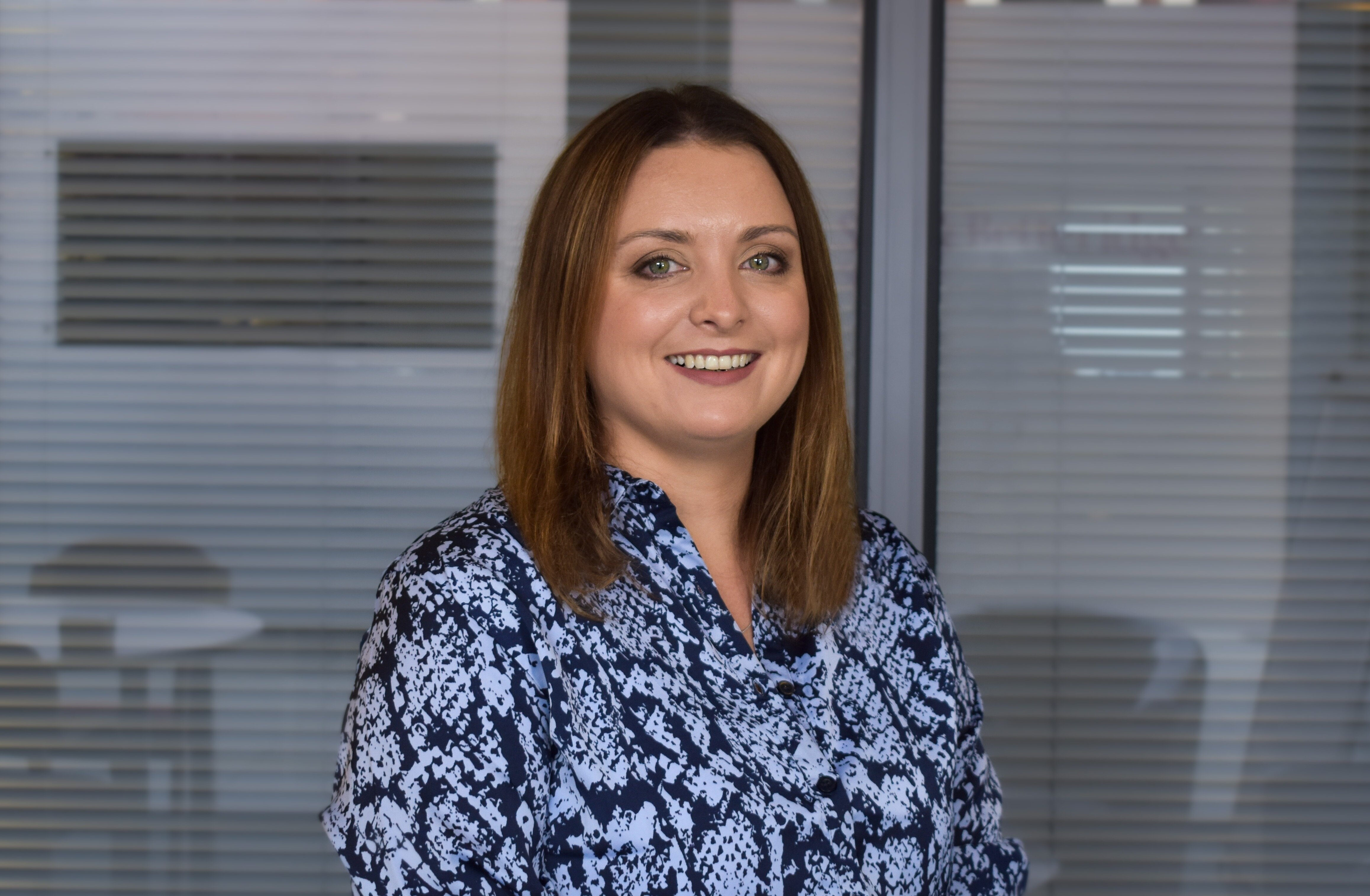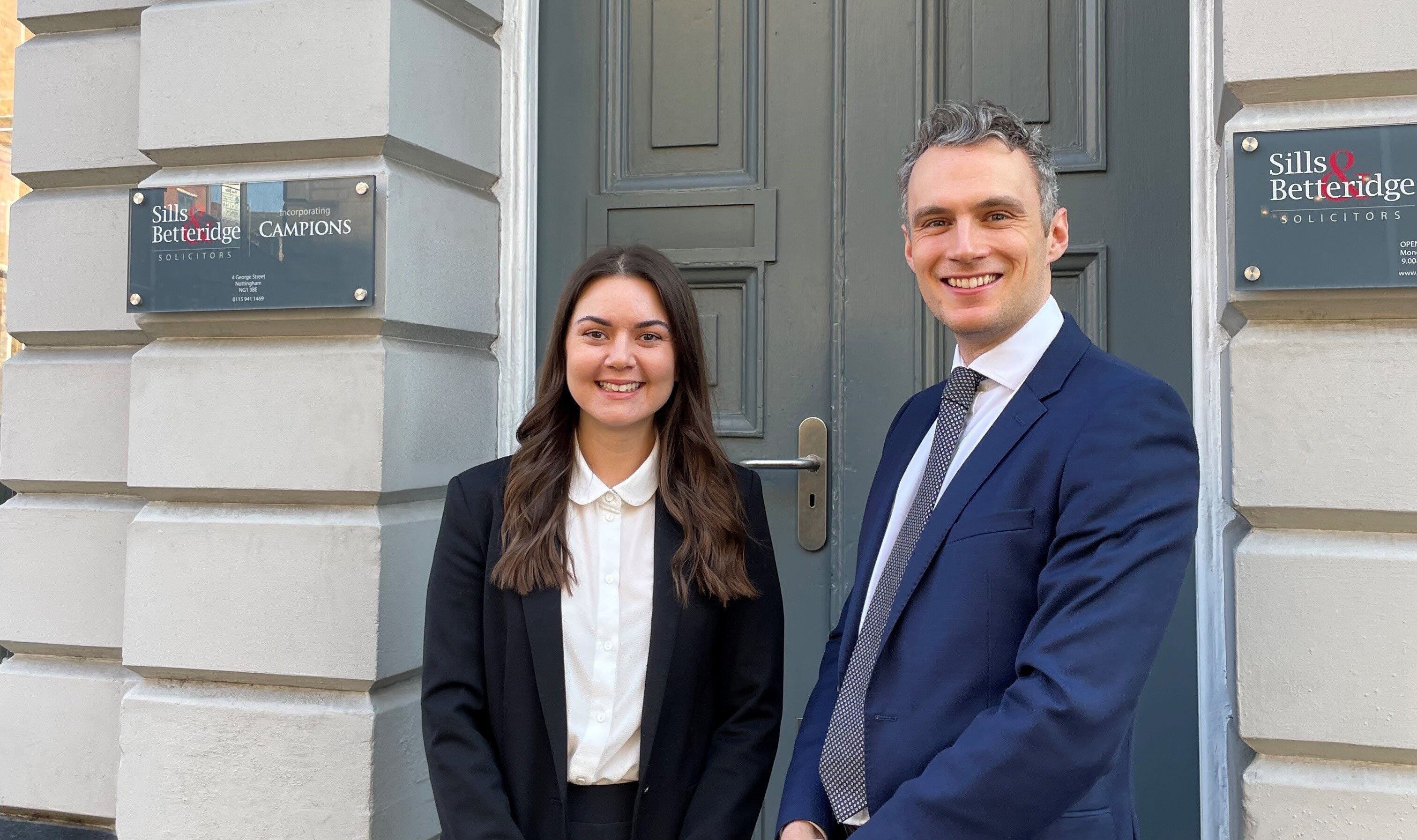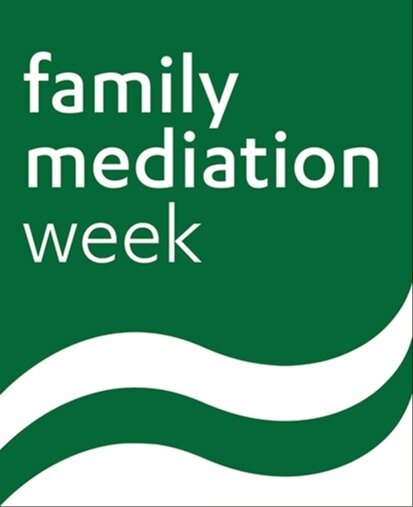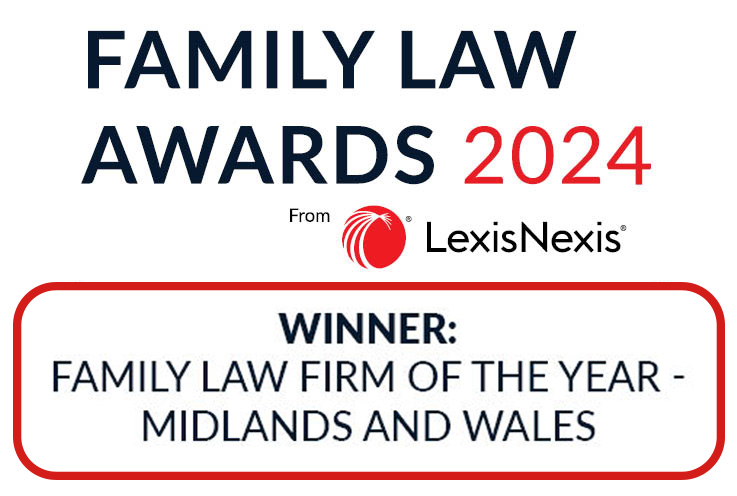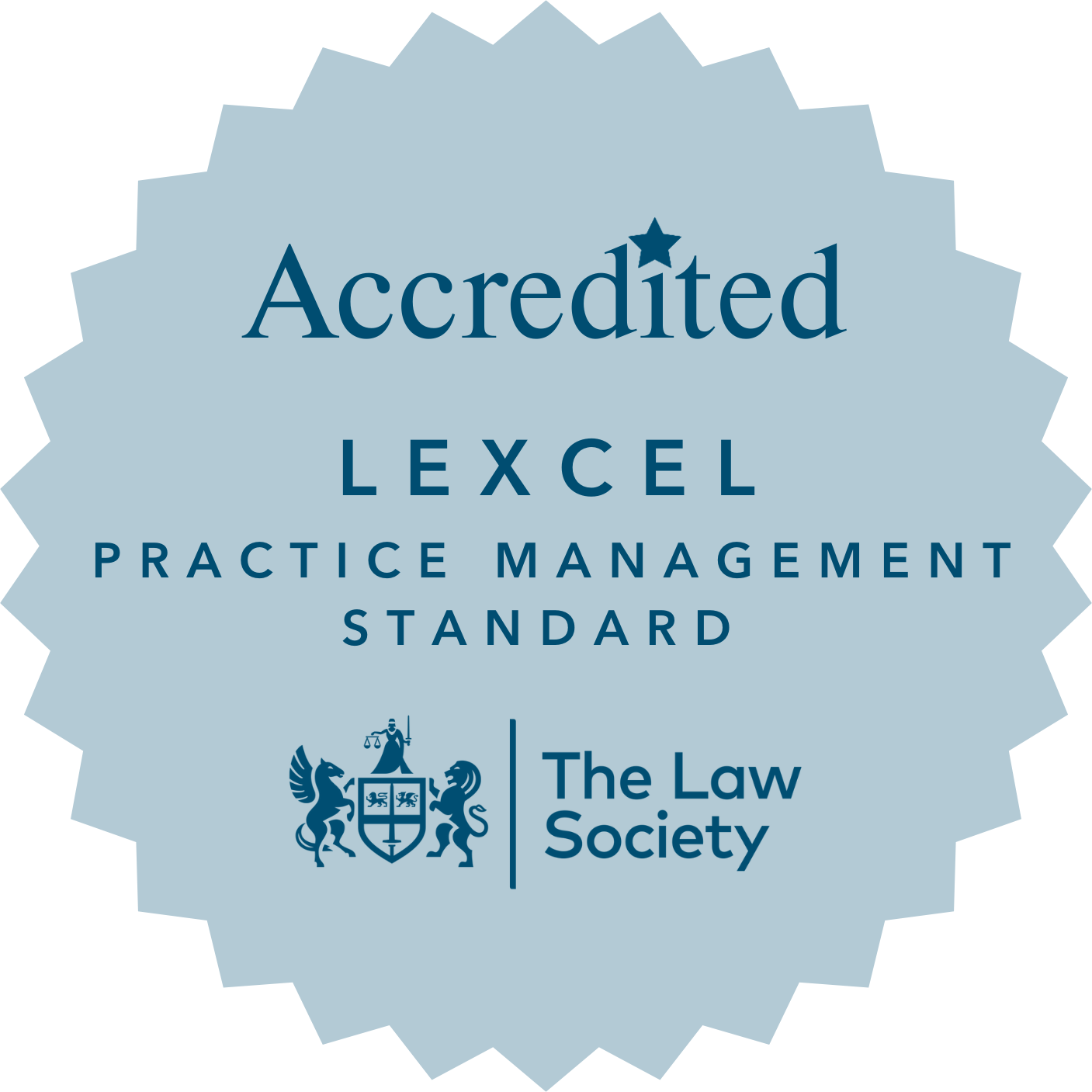Financial Issues for Cohabiting Couples
Cohabitation is now common place and many people have children without being married. Many cohabitees assume that they have the same rights to property and maintenance as they would have if they were married, particularly if they have lived together for a long time or have children. Many assume that they have rights under ‘common-law marriage’, that is not the case.
Unlike married couples, how the family home is dealt with will depend on the legal ownership of the property e.g if you are a joint owner, whether you have contributed to the purchase, mortgage or repairs of the property. Ownership and other details may be laid out in a Declaration of Trust, a legal document usually completed at the time of purchase of the property.
If the property is owned in your former partner's name then you may still be able to establish a financial interest in the property by establishing you have a ‘beneficial interest’ in the property. The Court may recognise that you have an interest in the property if you have made contributions to the home. Our Family specialists can advise you whether you may be able to establish an interest in the property.
In some circumstances where a couple has children, whether or not they ever lived together), there is an option of making an application to the Court for an order under Schedule 1 of the Children Act 1989 for the following:-
- Maintenance to be paid for a child if one parent lives abroad, or where the non resident parent earns more than the maximum amount the CSA or CMS will take into account. The latter are known as “Top Up” orders. The Court may also make maintenance orders to pay for educational expenses, a child’s disability, or where a child is over the age of 18 and is remaining in education; a child going to University may make an application themselves.
- Capital orders. A lump sum or sums may be ordered to be paid nominally for a particular expense e.g. to pay for a family car. There is no limit on the number of lump sum applications that can be made.
- That a property be transferred or held in trust for the benefit of a child temporarily i.e. usually until a child attains the age of 18 or ceases full time secondary or university education. At that stage, the property will either be transferred back to the payer or sold and the proceeds returned to the payer.
The Court will often be concerned that a child should not experience a huge difference in the standard of living when he or she spends time with the less wealthy parent.
Preliminary Advice Meeting Options
1) Separation - £210 + VAT at 20%
To discuss matters arising out of relationship breakdown including finances, property, pensions and other assets, as well as arrangements for your children.
2) Children - £200 + VAT at 20%
To discuss issues solely relating to children following separation including who they will live with, contact, holidays abroad, relocation, changing schools or any other specific issues.
This meeting may be free if there are issues involving Domestic Abuse or Children's Services.
Family Law Webinars
Some of our specialist Family, Divorce and Children Lawyers regularly join forces with other professionals to provide webinars on the key issues arising out of relationship breakdown.





